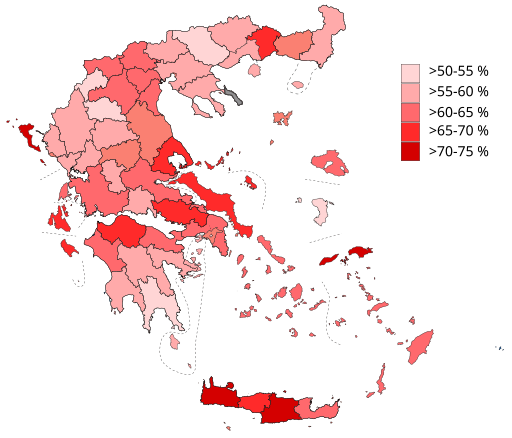“Is a UK that retreats in isolationist but somehow progressive splendour really feasible? Surely, European countries must cooperate in the face of the deep challenges and opportunities we face.”
It is a tough moment to make a positive case for the EU. The bullying treatment of Greece, based on destructive and discredited neo-liberal policies and beliefs indicates that the EU has lost its political, moral and economic compass.
Nor is this crisis of legitimacy in the EU just the product of the last few months. The impact of the global economic and financial crisis on the EU and eurozone, resulting in the euro crisis, has been sorely mishandled for the last seven years – with political, democratic and economic failings.
 A European Union that views with passivity and equanimity the catastrophically high levels of unemployment, and especially youth unemployment, that persist across several member states due to the crisis, is an EU that has lost its way and forgotten its purpose and values; it is one where the behaviour of the eurogroup countries, and the treatment of Greece as a protectorate, is poisoning the EU’s very raison d’etre.
A European Union that views with passivity and equanimity the catastrophically high levels of unemployment, and especially youth unemployment, that persist across several member states due to the crisis, is an EU that has lost its way and forgotten its purpose and values; it is one where the behaviour of the eurogroup countries, and the treatment of Greece as a protectorate, is poisoning the EU’s very raison d’etre.







![greek-debt[1]](https://blogs.lse.ac.uk/eurocrisispress/files/2015/07/greek-debt1.jpg)


